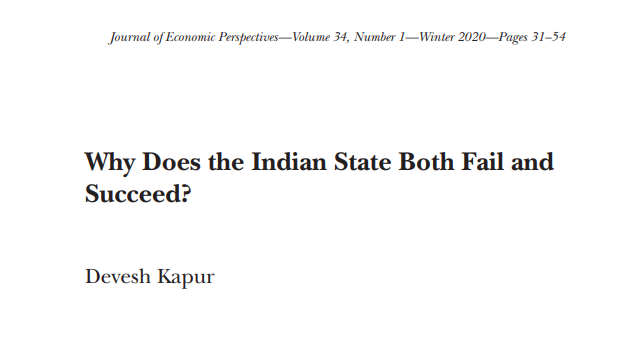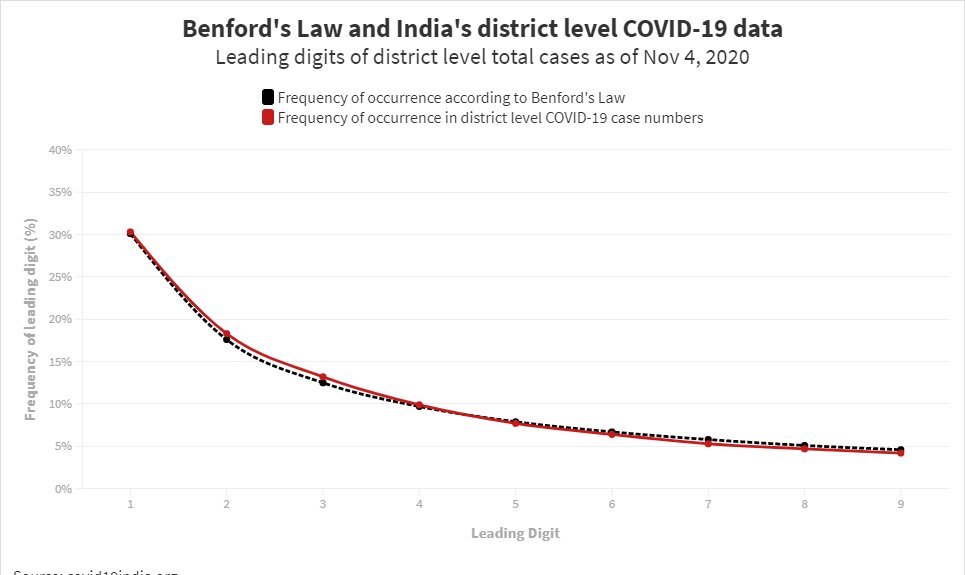
1/10 || What can policymakers do to improve Indian #cities post the #pandemic ?
With @wef, we interviewed experts to talk about 7 important aspects. Find quick insights from their recommendations in this thread >>>
- Read our blog for more context:
idfcinstitute.org/blog/2021/indi…
With @wef, we interviewed experts to talk about 7 important aspects. Find quick insights from their recommendations in this thread >>>
- Read our blog for more context:
idfcinstitute.org/blog/2021/indi…
2/10 || Planning: Bimal Patel & Shlomo Angel
- Manage the spatial growth of cities and allow them to build more,
- Plan road networks for future horizontal expansion,
- Revoke faulty policies that constraint the use of floor space to build vertically.
- Manage the spatial growth of cities and allow them to build more,
- Plan road networks for future horizontal expansion,
- Revoke faulty policies that constraint the use of floor space to build vertically.

3/10 || Housing: Richard Green & Sahil Gandhi
- Provide public housing for the poor; India can learn from successful models in Singapore or Hong Kong,
- Enable efficient rental markets,
- Manage density better to prevent overcrowded and unsafe housing.
- Provide public housing for the poor; India can learn from successful models in Singapore or Hong Kong,
- Enable efficient rental markets,
- Manage density better to prevent overcrowded and unsafe housing.

4/10 || Transport: Shivanand Swamy & Alain Bertaud
- Ensure smooth operations of private and public services providers,
- Develop private and shared, small footprint vehicles,
- Improve the management of right of ways,
- Integrate formal and informal modes of transportation.
- Ensure smooth operations of private and public services providers,
- Develop private and shared, small footprint vehicles,
- Improve the management of right of ways,
- Integrate formal and informal modes of transportation.

5/10 || Public Health: @ShamikaRavi & @srajagopalan
- Give fiscal powers to the city authorities for strategic investments in their public health systems,
- Collect real time and new data to monitor the quality of service delivery,
- Reinforce primary care for better prevention.
- Give fiscal powers to the city authorities for strategic investments in their public health systems,
- Collect real time and new data to monitor the quality of service delivery,
- Reinforce primary care for better prevention.

6/10 || Environment: @jscaseddon & @plamsonhall
- Track sources of air pollution,
- Regulate vehicular movement on roads,
- Improve the quality of public open spaces,
- Develop a robust framework of infrastructures, road & open spaces networks to prepare for disasters.
- Track sources of air pollution,
- Regulate vehicular movement on roads,
- Improve the quality of public open spaces,
- Develop a robust framework of infrastructures, road & open spaces networks to prepare for disasters.

7/10 || Gender: Lizzette Soria Sotelo, @shilpaphadke, @samjourno123, & Shilpa Ranade
- Enable women in decision-making processes for gender-focus planning in safety, access and mobility,
- Maintain clean, accessible, public spaces,
- Enhance communication on gender equality.
- Enable women in decision-making processes for gender-focus planning in safety, access and mobility,
- Maintain clean, accessible, public spaces,
- Enhance communication on gender equality.

8/10 || Vulnerable Population: @anup_malani & @ChinmayTumbe
- Systemise the identification of urban poor to improve their access to services, jobs, housing and social protection,
- Collect accurate data on migrants,
- Secure land tenure to provide safe and affordable housing.
- Systemise the identification of urban poor to improve their access to services, jobs, housing and social protection,
- Collect accurate data on migrants,
- Secure land tenure to provide safe and affordable housing.

9/10 || We thank all the experts for their contribution!
Let us know what you think about their recommendations to better plan and manage cities in India?
- Read the full report for more details >>
weforum.org/whitepapers/in…
Let us know what you think about their recommendations to better plan and manage cities in India?
- Read the full report for more details >>
weforum.org/whitepapers/in…
10/10 || Find more resources on this topic. Feel free to share more with us!
> @orfonline on rethinking cities post #COVID19 orfonline.org/research/rethi… @orf
> @iihsin on the potential of cities iihs.co.in/knowledge-gate…
> @UNDP framework targets 6 key areas bit.ly/COVID_UNDP
> @orfonline on rethinking cities post #COVID19 orfonline.org/research/rethi… @orf
> @iihsin on the potential of cities iihs.co.in/knowledge-gate…
> @UNDP framework targets 6 key areas bit.ly/COVID_UNDP
• • •
Missing some Tweet in this thread? You can try to
force a refresh





